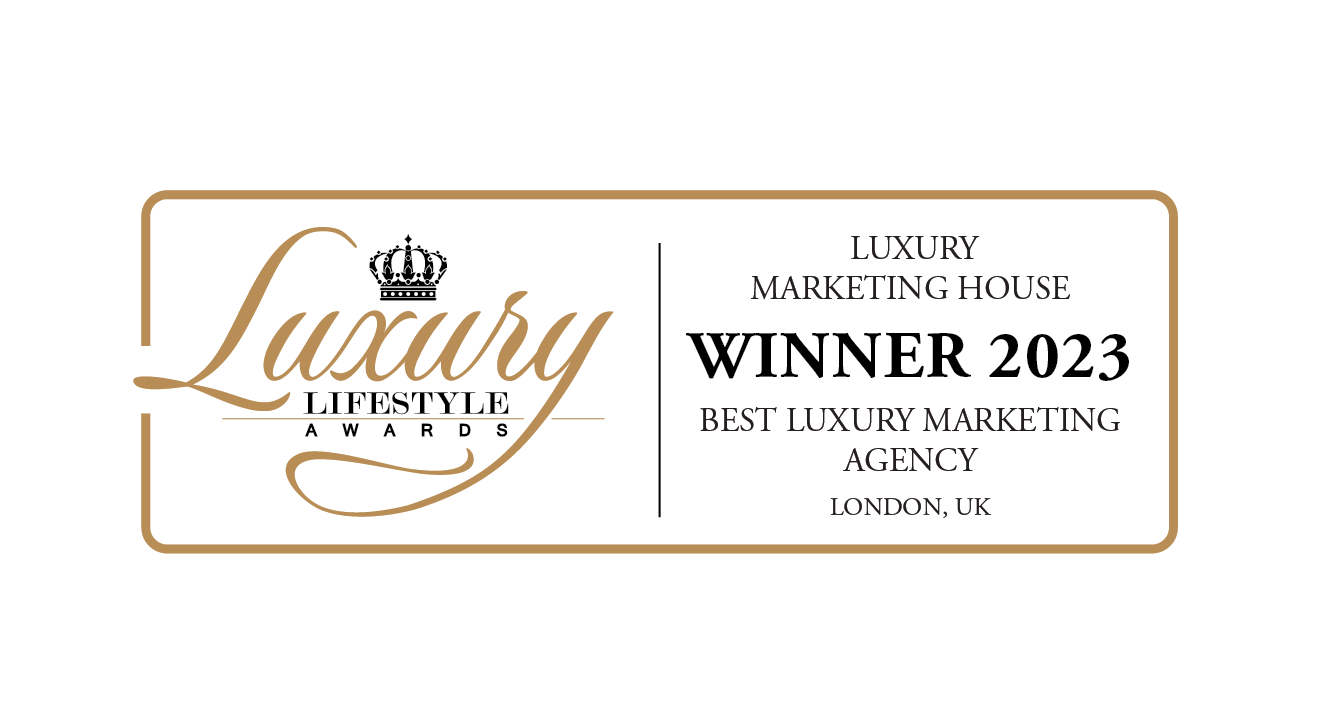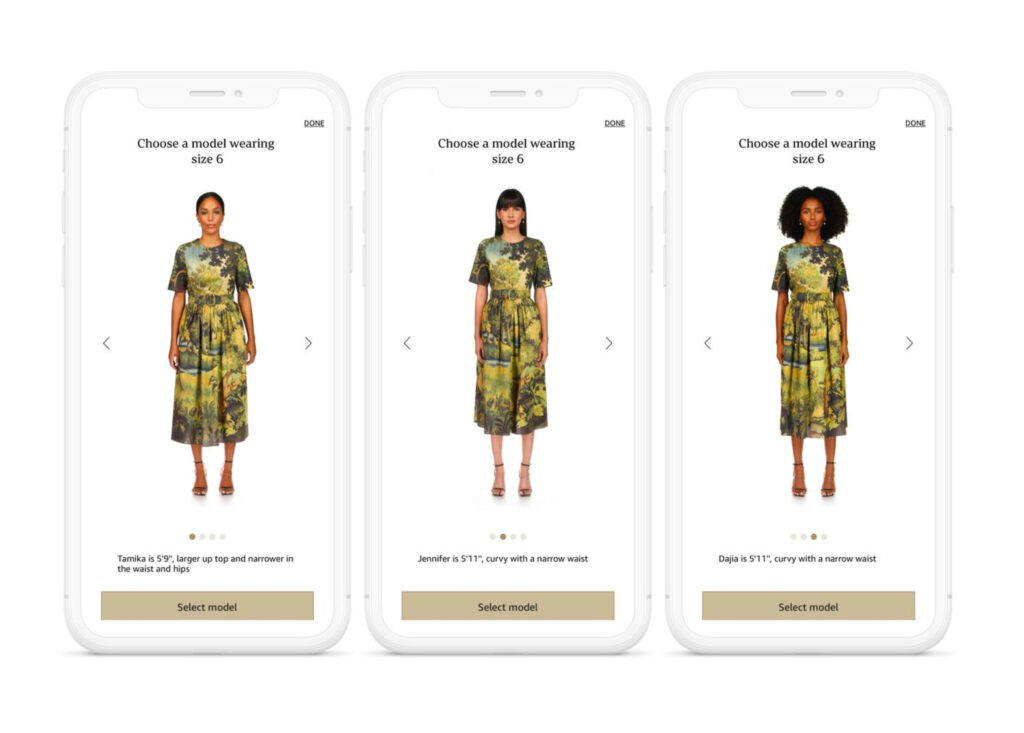This year marks ten years of Luxury Marketing House.
A milestone that reflects not only the passage of time, but the relationships, ideas and stories that have shaped who we are today.
From our beginnings in London to a global presence spanning Monaco, Dubai and Sydney, LMH has evolved into an agency defined by collaboration, creativity and care. Over the past decade, we’ve partnered with visionary founders, heritage houses and innovative brands across the worlds of luxury lifestyle, property, travel, wellness and design. Each project has added its own thread to the LMH story – one woven with integrity, imagination and impact.
As we look back, we’re reminded that the true measure of success lies not in scale, but in connection. Our journey has been shaped by the trust of our clients, the talent of our collaborators and the dedication of our team – each playing a part in building something meaningful and lasting.
To everyone who has been part of this journey: thank you.
Here’s to the next chapter, as we continue to craft stories that inspire and connect.
Join us on Instagram
Follow @lmh_london as we share highlights from the last ten years and celebrate the people and brands who’ve made it all possible.
Watch our 10th Anniversary Film
Experience a decade of LMH through our anniversary film on YouTube – a reflection of the creativity, relationships and milestones that have defined our journey.




